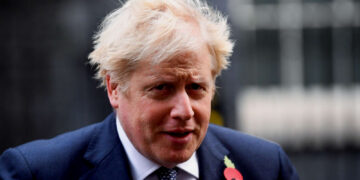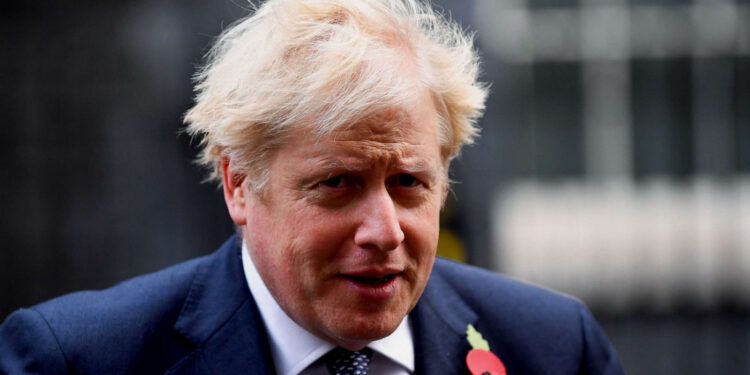As part of efforts geared towards actualizing the aim of her “green industrial revolution” Britain has placed a ban on the sale of new gasoline and diesel cars by 2030.
Prime Minister Boris Johnson’s “green industrial revolution” is part of a 10 point agenda geared towards cutting emissions to net-zero by 2050, a move that would create up to 250,000 jobs in the energy, transport and technology sectors.
Announcing the ban on Tuesday, Mr. Johnson said sales of hybrid vehicles will continue until 2035 while the sale of new gasoline and diesel cars will end in 2030.
The new date for the ban on sales of petrol vehicle comes five years earlier than the 2035 pledge made by Mr. Johnson in February.
It is worthwhile to note that the prime minister’s plan to end the sale of new petrol and diesel cars will require an enormous investment in the infrastructure needed for electric vehicles as less than one percent of cars on UK roads are powered entirely by electricity.
Reports also have it that Mr. Johnson plans to develop the first town heated entirely by hydrogen by the end of the decade as well as develop the next generation of small and advanced nuclear reactors, including wind-generated electricity that will power every home.
“Since 1990 we have managed to grow our economy by 75% and at the same time cut our emissions by 43%, so we are world-leading in this area.” Alok Sharma, Secretary of State for Business, Energy and Industrial Strategy, told Sky News.
About 12 billion pounds for the project by the British government to make it the most ambitious move aimed at phasing out fossil fuels.
Last year, Britain became the first G-7 country to set in law a net-zero emission target by 2050, and the country is scheduled to host the COP-26 global climate conference in Glasgow next year, after being delayed by the coronavirus pandemic.



































